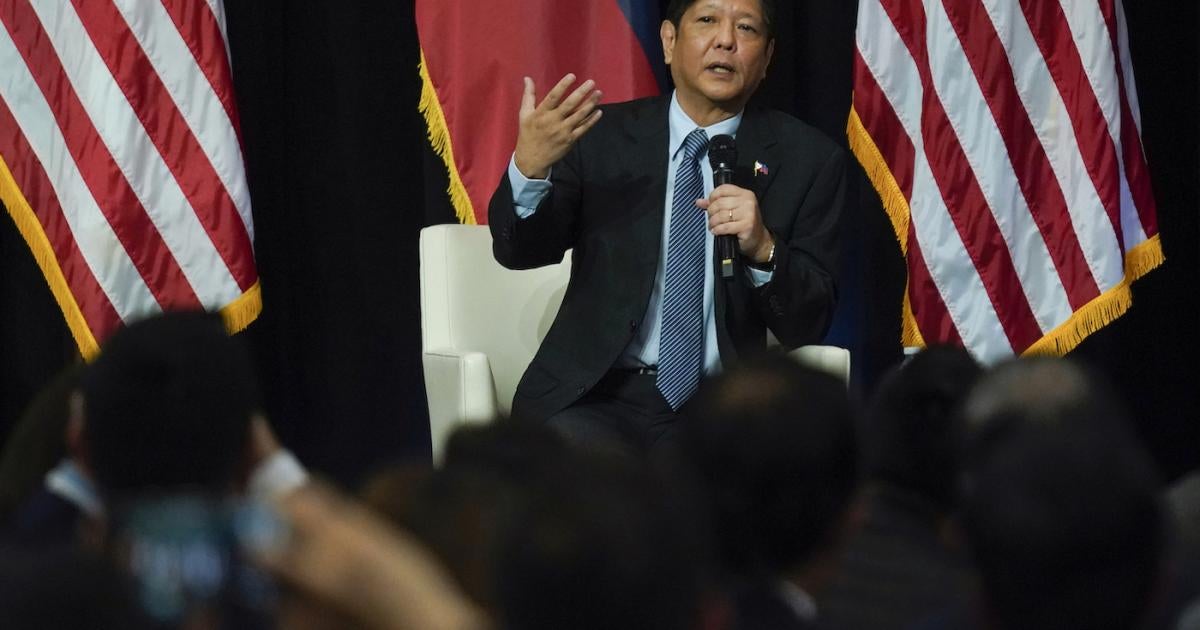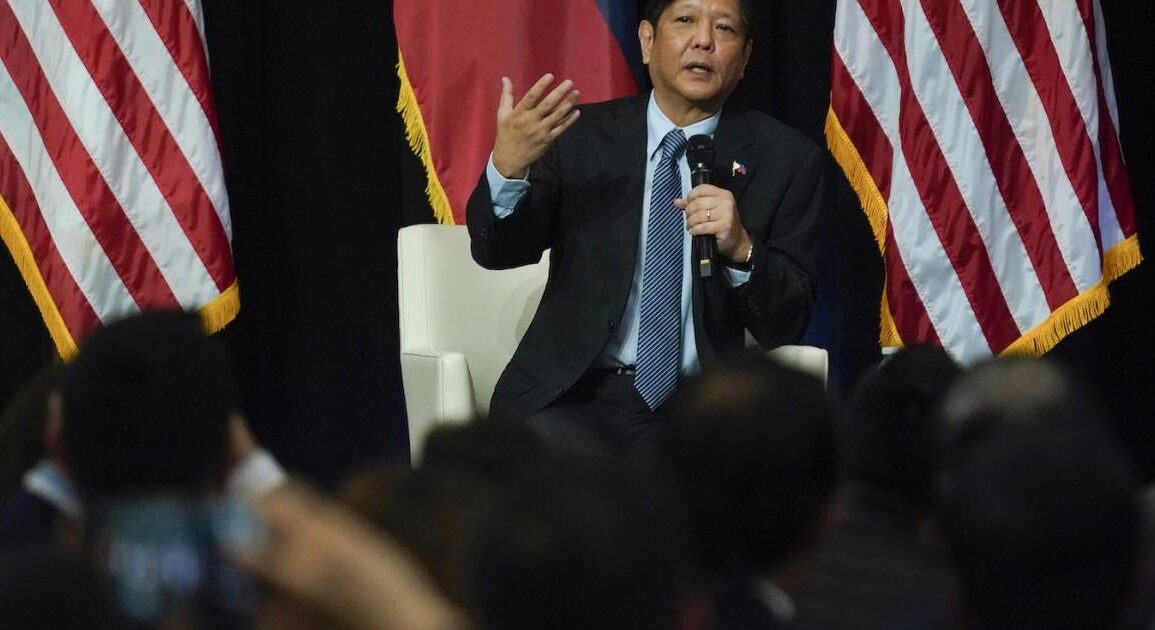
As Ferdinand Marcos Jr. enters his second year in office, the Philippines President must back up his promises to improve human rights with action, including accountability for past crimes, writes Carlos Conde.
The murders were brutal, according to witness accounts of the scene. On the night of June 14, unidentified gunmen raided the home of a destitute family in a village outside Himamaylan City, in the central Philippine province of Negros Occidental. The next morning, neighbors found the bodies of Roly Fausto, 52, his wife Emelda, 51, and their children Ben, 14, and Ravin, 11. Scattered not far from the gruesome remains were 53 bullet casings from M-16 military assault rifles.
Rumors about the perpetrators flew fast. The Philippine military blamed the communist New People’s Army, accusing the rebels of killing the Faustos because Roly had allegedly worked for the military. The relatives and supporters of the victims blamed the government, accusing the military of harassing the Faustos and coercing Roly to spy on the rebels.
The Fausto killings are sadly just the latest in a long line of apparently politically motivated killings on the island of Negros that occurred during the dictatorial rule of current President Ferdinand Marcos Jr.’s father, who ruled the country from 1965 to 1986, and under every president since then. It’s as clear an indication as any that the rampant rights violations under Marcos’s predecessor, Rodrigo Duterte, did not end with Duterte’s administration.
The “war on drugs” which Duterte unleashed when he became president in 2016, created a campaign of extrajudicial executions unlike anything Filipinos had ever seen. Police and their agents killed between 6,200 alleged drug dealers and users – the official figure – and as many as 30,000 people – an estimate by domestic rights groups. Most were urban poor. Accountability for these killings has remained practically zero. Marcos and his officials have rejected an investigation mandated by the International Criminal Court when the country was still a member, denouncing it as an act of foreign interference.
Marcos has conceded that Duterte’s anti-drug campaign had “lapses”, but he has not stopped the “drug war”. He has neither ordered the police to stop the raids nor rescinded the official directives to the police that set the anti-drug operations in motion. So while the number of deaths under Marcos are considerably lower, the killings have continued.
Attacks on journalists and leftist activists have also continued, facilitated by the same virulent section of social media that thrived under Duterte, and are now enhanced by Marcos supporters. The Nobel Peace Prize laureate Maria Ressa, co-founder of the news website Rappler, still faces cases that could land her in prison. The former senator Leila de Lima, Duterte’s chief critic, remains in police detention after seven years, her plight ignored by the new president despite repeated appeals by rights defenders and foreign governments.
The counterinsurgency operations that seek to defeat the 54-year-old armed communist movement—now the longest in the world—continues in the countryside, costing the lives of people like the Faustos who are caught between the military and the New People’s Army. In the cities, the government has intensified its campaign of “red-tagging” activists, critics, journalists, trade unionists, among others, labelling them communists or rebel supporters. Red-tagging often precedes violent attacks, torture, enforced disappearances, and extrajudicial killings.
Roly Fausto had been red-tagged repeatedly before he and his family were killed, according to relatives and human rights groups. He apparently came to the attention of the military when he started participating in a mini-agrarian revolt, in which he and other subsistence farmers tilled land that others owned but left idle. The practice is common in rural areas and may result in legal action, threats or at times violence.
Duterte set a low bar on human rights, and Marcos has taken advantage of this to win over foreign governments and diplomats who want to believe that the human rights situation in the Philippines can only get better: he has publicly avowed to protect human rights, and his administration has engaged meaningfully in the United Nations Joint Program on Human Rights, which is designed to improve protection of human rights through institutional reforms.
But Marcos needs to back up his talk with action. Given the seriousness of the Philippines’ human rights problems, he needs to do more than the bare minimum. He needs to demonstrate that a police force running rampant is not the way to address drug use in the country. He needs to expand the democratic space and protect press freedom and freedom of expression that shrunk under Duterte. He needs to ensure that the country’s legal system delivers justice fairly and expeditiously.
Grave human rights violations will continue to occur until there is accountability and concrete action to change practices and directives that give rise to abuses. Marcos may be able to charm Western officials but none of that matters to Filipinos at risk like the Faustos and the countless others whose rights have been violated and clamor for justice.
This post was originally published on this site be sure to check out more of their content.









